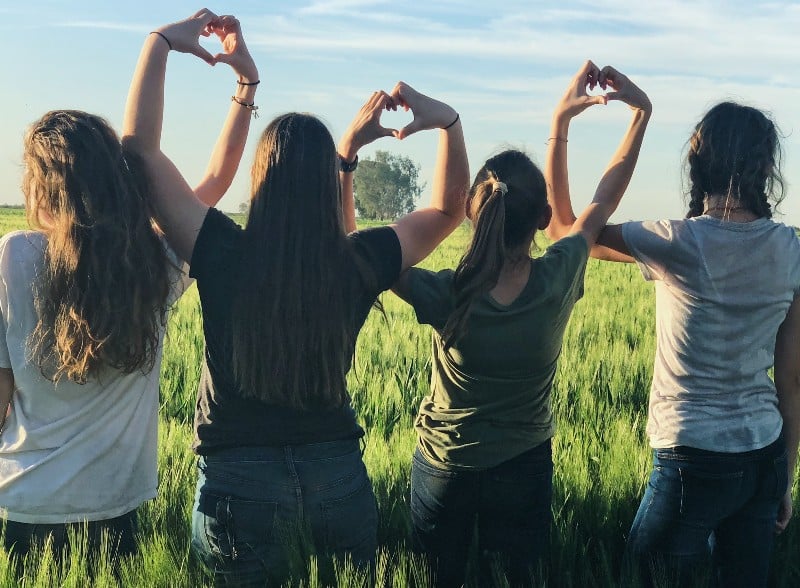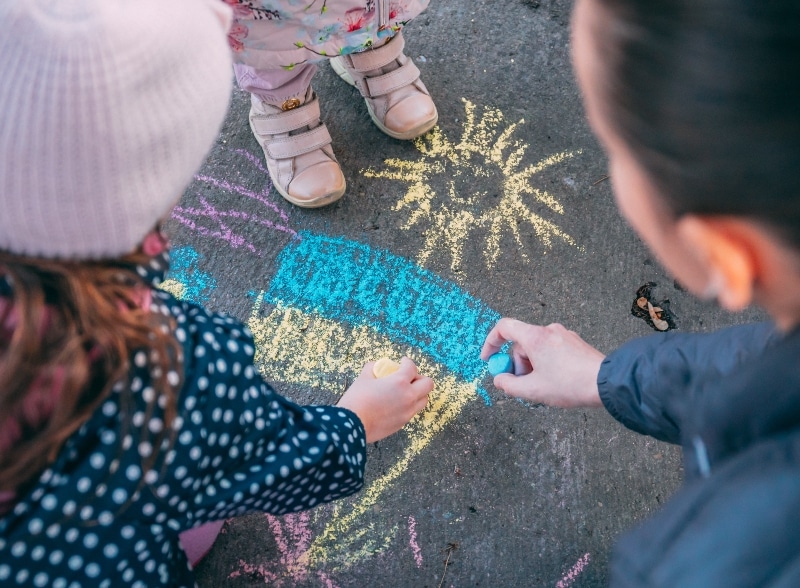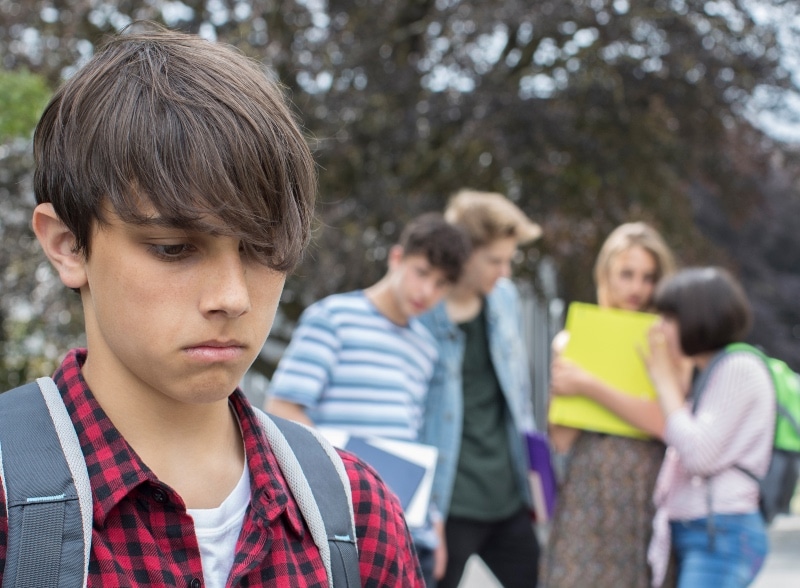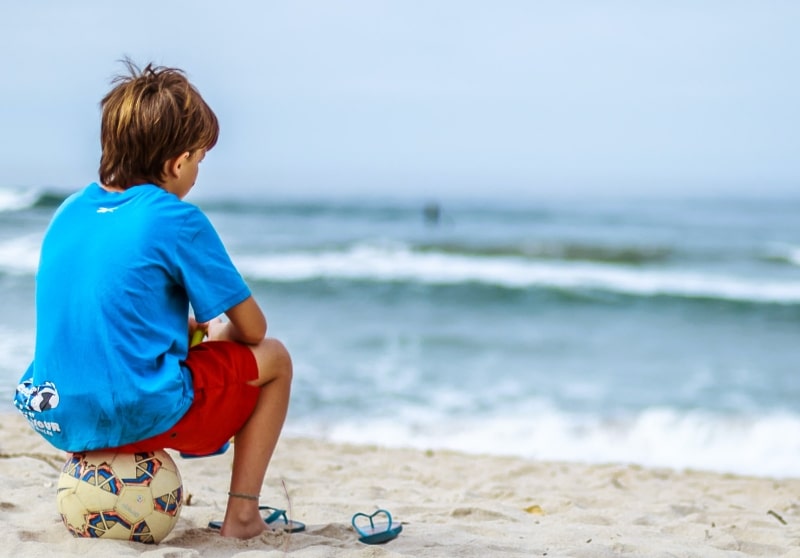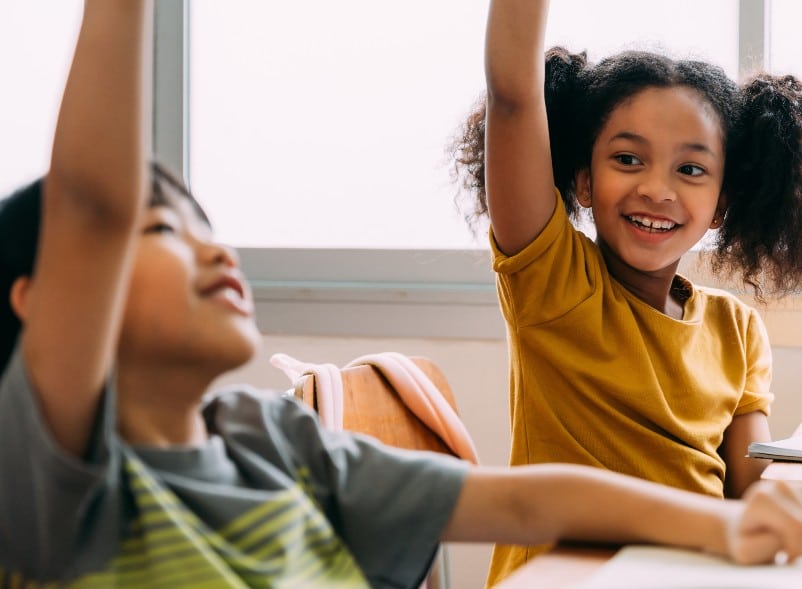
There’s a Time and a Place Quiz
This is a quiz to help us understand that there is a ‘time and a place’ for saying what is in our heads and a time to keep things to ourselves and stay quiet. If we say something to someone in particular situations or at particular times, it can be seen as rude, disruptive or even unkind. This quiz provides scenarios for teachers or parents to work through, reflect on or even role play. The aim is to develop a level of empathy for others, to encourage children and teens to ‘think first’ before talking and to praise them for coming up with new ideas that mean interactions with others work better.




